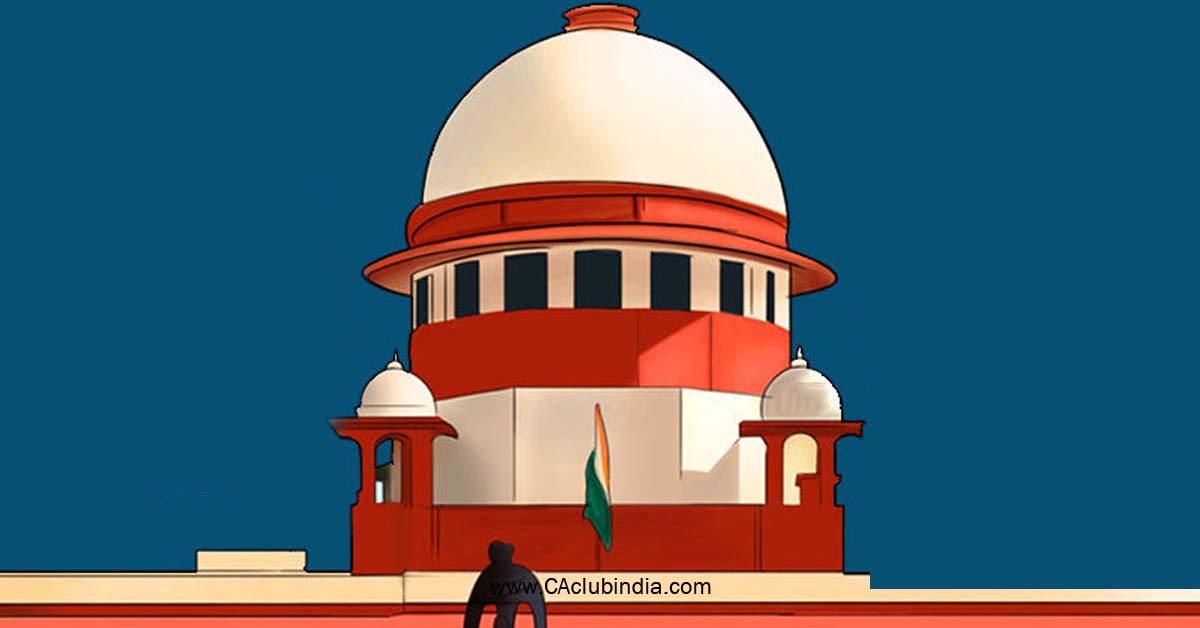The Supreme Court on Wednesday (August 14) rejected the argument that its July 25 judgment, which upheld the authority of States to levy taxes on mineral rights and mineral-bearing lands, should apply only prospectively. This ruling allows States to recover tax dues for the past period, although with certain limitations.

The Court clarified that States' tax levies should not be applied for any period before April 1, 2005. Additionally, taxpayers are permitted to pay these arrears over a 12-year period, starting from April 1, 2026. Importantly, the Court ruled that no interest or penalties should be imposed for demands related to the period before July 25, 2024.
The July 25 ruling was delivered by a 9-judge bench led by Chief Justice DY Chandrachud. The majority held that the Union's Mines and Minerals (Development and Regulation) Act, 1957, does not limit the States' power to tax mineral rights. Justice BV Nagarathna provided the sole dissenting opinion.
Following the July 25 decision, the Union and several affected parties sought a prospective application, arguing that retrospective tax demands could disrupt industries reliant on minerals and ultimately burden the common man. However, the Court dismissed these concerns, emphasizing the need for States to enforce their validly enacted laws.
This case, Mineral Area Development v. M/S Steel Authority Of India & Ors, will have significant implications for both State revenues and industries across India.





 CAclubindia
CAclubindia

